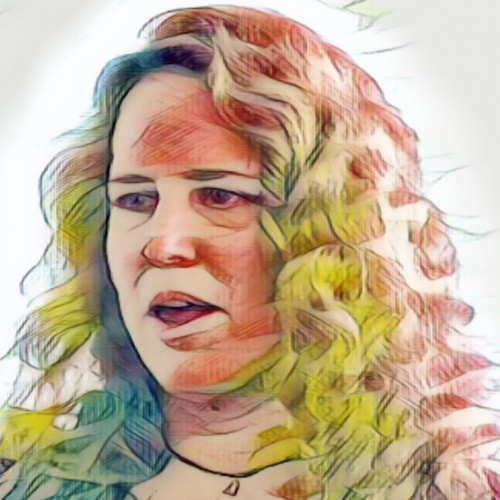Interview with Professor Alexandra Stolzing
Alexandra Stozling discusses brain microglia and the volatome for ageing biomarkers
In this insightful episode of the LongeCity interviews, Professor Alexandra Stolzing dives deep into her pioneering work on neurodegenerative diseases, the potential of aging biomarkers, and the state of rejuvenation research.
Key Points:
While major rejuvenation breakthroughs remain elusive, Professor Alexandra Stolzing's promising research into aging biomarkers and cell therapies continues, with cryopreservation serving as a practical alternative for those seeking extended lifespans.
- Microglia Cell Replacement: Stolzing's early research involved microglia cell replacement to combat brain inflammation in neurodegenerative diseases. Though initial mouse experiments showed some benefit, advancements suggest the need to first remove old microglia to enhance new cell engraftment.
- Theories on Alzheimer's: Alzheimer’s disease is still debated, with amyloid and tau protein theories being prominent but evolving. Stolzing suggests amyloid might be more of a defense mechanism against infections, rather than the primary cause of the disease.
- Volatile Biomarkers: Stolzing's team investigated the potential of breath analysis (volatile biomarkers) to track aging. Thanks to LongeCity funding, her team collected data from 20 volunteers and secured further grants to expand this research to 400 participants.
- AI and Machine Learning in Research: Machine learning, not AI, is used to accelerate analysis of complex datasets in aging research. Though it's beneficial for large datasets, there are challenges when dealing with smaller, more variable data.
- Lack of Commercial Products: Despite decades of promising research, including clinical trials on senolytics, no widely available rejuvenation products exist. Stolzing anticipates incremental progress in the next few years but not major breakthroughs.
- Cryopreservation as a Backup: Stolzing is now looking into cryopreservation as a backup, doubting that available therapies will extend her life significantly within the next decade.
Visit website: https://www.longecity.org/podcast/?name=2023-12-12_longecity_now_2023_alexandra_stolzing.mp3
See alsoLongeCity interviews
LongeCity Interviews features leading pioneers in life extension research and advocacy
Details last updated 24-Oct-2024
Mentioned in this Resource
Alexandra Stolzing
VP Research at SENS and Professor for Biogerontological Engineering at Loughborough University




